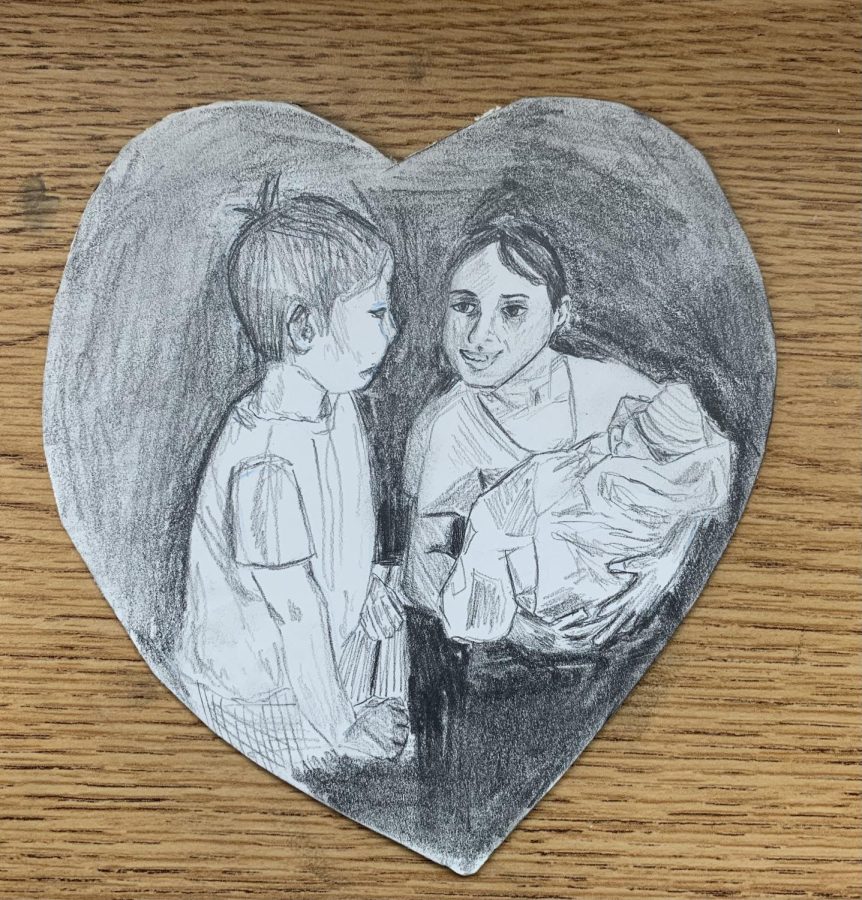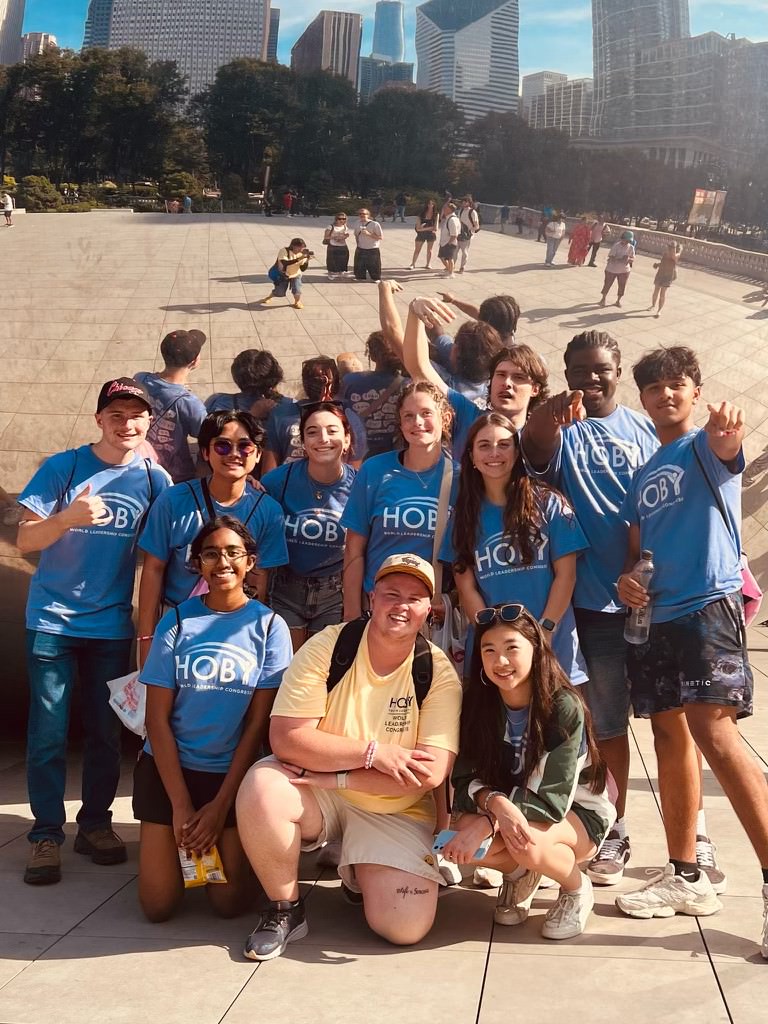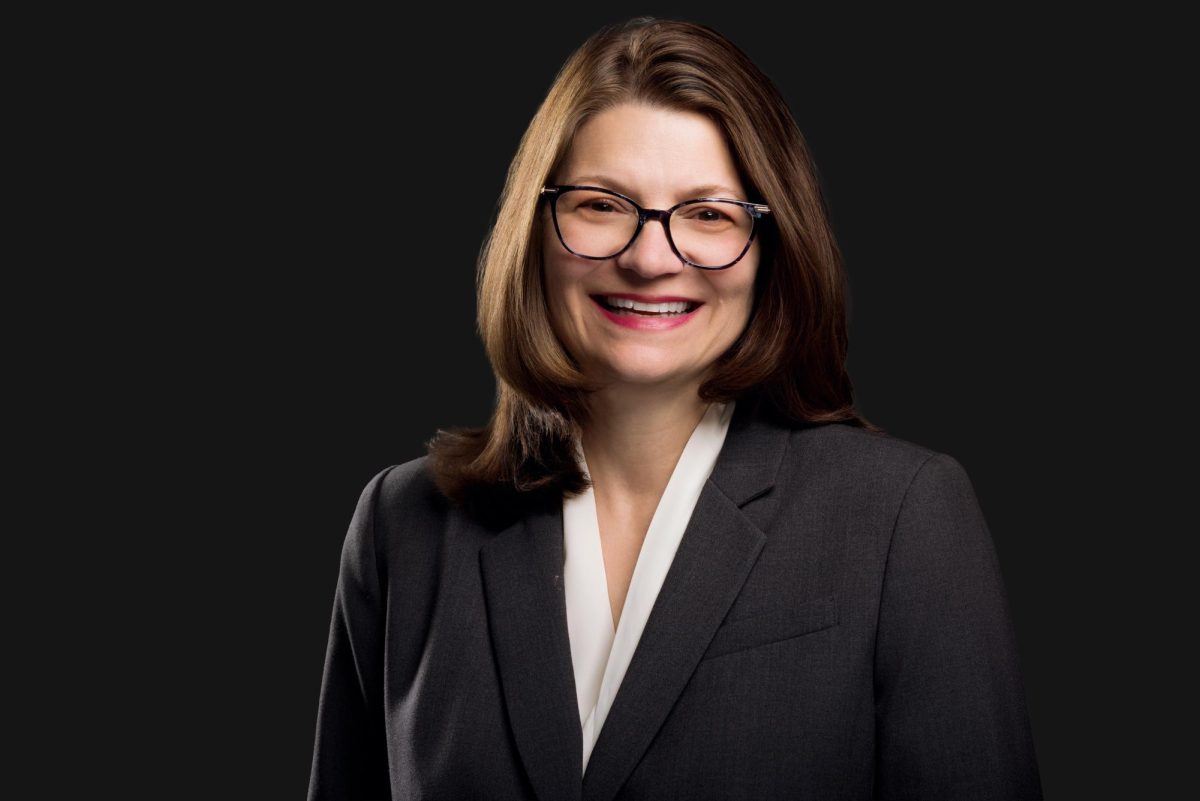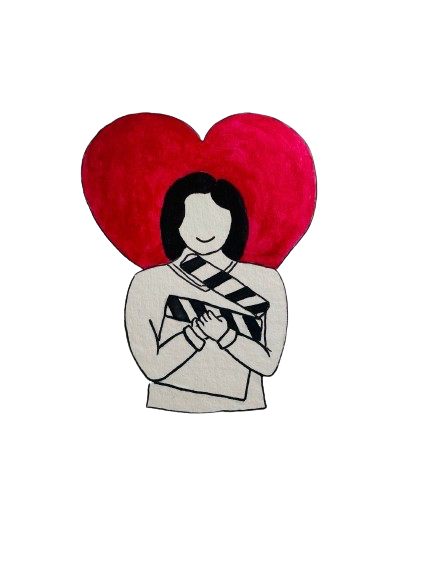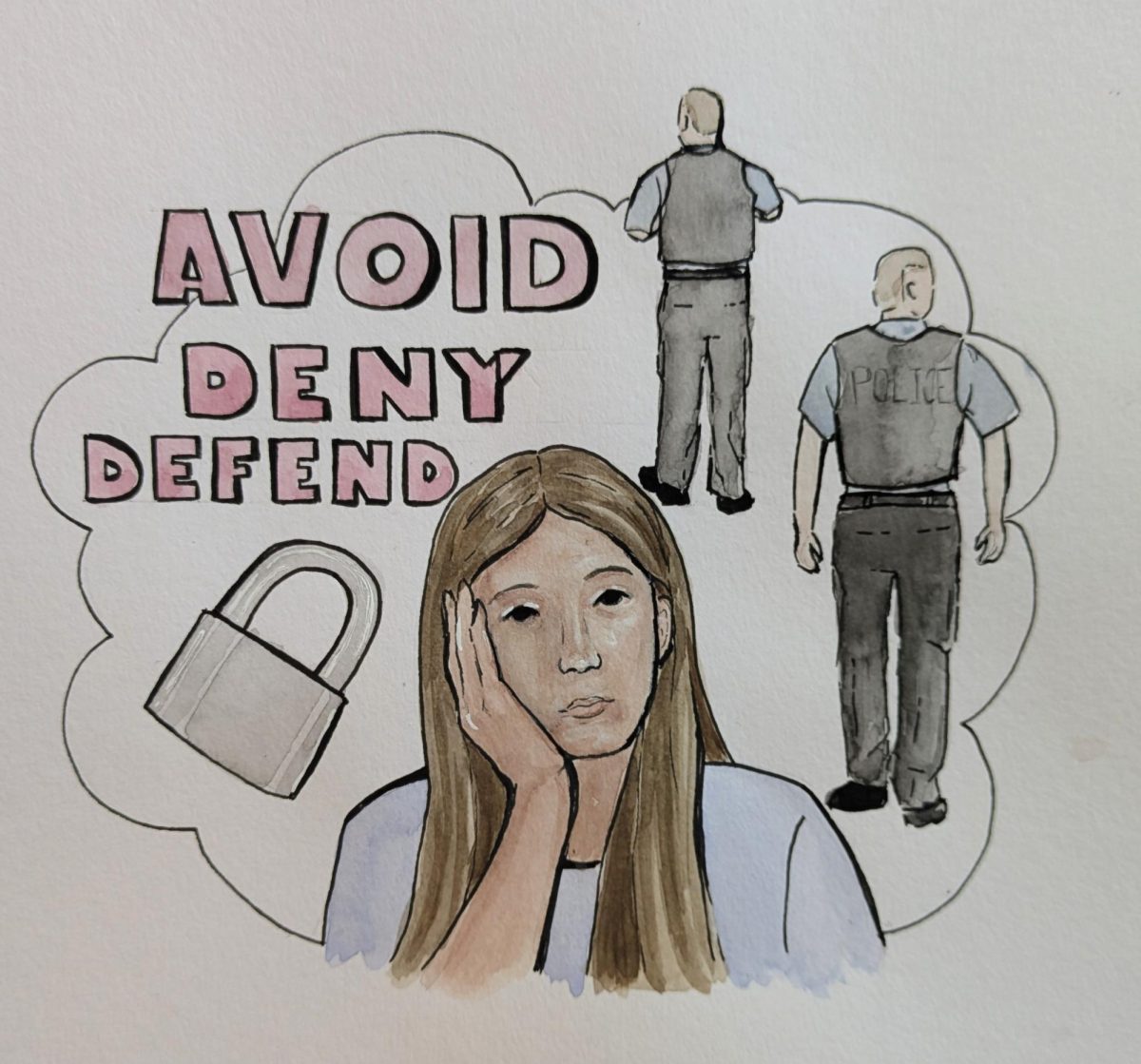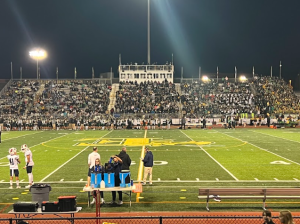What it’s like to parent your siblings
Mar 21, 2022
This previously ran in our February 2022 print issue.
In kindergarten, I was taught addition as well as how to make a bottle. I learned how to read and how to change a diaper. I could count to 100 and burp a baby.
That was also the year I learned how to share. For the first six years of my life, I got to experience the pure bliss of having my parents’ undivided attention. I never had to wait to be tucked in or take a turn getting a book read to me. All my toys belonged to me and me alone. I was living every kid’s dream… until it all came crashing down. One cold morning two days before Super Bowl Sunday. Suddenly, I was being picked up from school, driven to the hospital, and standing next to a bassinet where my new brother was sleeping.
Fast forward four years later to when my sister was born, and I had already become a self-proclaimed expert in the field of being a big sister. I could change a diaper and button up a onesie with my eyes closed. However, I quickly learned that crying babies and poopy diapers were not the hardest part of being an older sister, and that the dynamic with a sibling who was only six years younger than you was much different than the one with a sibling who was ten years younger than you. It came with more responsibility as well as expectations.
A survey done by YouGov, which included responses from 1,239 U.S. adults, says that 66% of oldest children feel as if their birth order has, at the very least, somehow affected their personality. After spending the past 12 years as the oldest child, I can attest to the fact that being the eldest has impacted my personality… and not just by making me grumpy after another sleepover in my twin-size bed following a nightmare. From the second my brother was placed in my arms, the trajectory of the person I would grow to become quickly changed. Having younger siblings has taught me patience, the importance of gentleness and compassion, how to lead responsibly, and that promises of cookies before dinner do, in fact, fix (almost) everything.
Although my parents are very hands-on and are constantly there for all three of us kids, I still find myself playing the role of a third caretaker to my younger siblings, especially my elementary school-aged sister.
Economist Pamela Jakiela says that “by age 6 to 8, older sisters are spending as much as half of their free time looking after younger children.” Because I’m 17, my seven-year-old sister sees me as an adult, not a teenager. This results in her coming to me often for help, whether it be for homework answers, fixing the electric blue nail polish she decided to do herself, giving the biggest hugs after another second-grader insulted her outfit, or letting her have sleepovers in my room when she comes knocking on my door at 3 a.m. for the second time this month.
“Firstborns tend to score high on conscientiousness,” says marriage and family counselor Sarah Smelser, LPC. This is “due to their surrogate parent role in the family and the responsibilities that go with that.” Taking care of two other human beings was not a responsibility I asked for, but it is also not a responsibility I rejected or declined. My job is not one that gives you the option to quit.
In a little over six months, I’ll be going to college. Sometimes that makes me feel guilty, as if I’m just ditching my brother and sister. I have to remind myself that not physically being with them doesn’t mean I’m quitting being their big sister, a job title I have worn proudly.
Leaving for college is never easy, but it pivots from hard to heartbreaking when you know leaving means saying goodbye to children you’ve played a role in raising. Being states away for school means freedom, a chance to become my own person, and a beach as my backyard. It also means being 8 hours and 42 minutes away from my siblings, and as cheesy as it sounds, they truly are my two best friends. It crushes me knowing I won’t be there for the day my little brother finally becomes a teenager or the afternoon my little sister walks home from the bus stop by herself for the first time. Being a third parent to them has been my greatest honor. For every one thing I’ve taught them they have taught me three. I’ve always joked that I need them more than they need me, but the longer I get to be their older sister the more I’m inclined to believe that that statement holds some truth.
Being an older sibling gives you the reward of watching your younger siblings grow into people you are proud of. It also means sacrifice, whether that be the sacrifice of time, attention, or occasionally emotions. It’s a sacrifice that I, and many others, give willingly and freely. Being someone’s oldest sibling quickly teaches you that sacrifice is what builds humanity. It highlights our compassion, our tenderness, and our empathy.
One of the greatest gifts we can give to someone is to genuinely and wholeheartedly care for them. When society loses this ability, it is then that I know we have lost our compassion.
Compassion. That was the most important gift my siblings gave to me.


